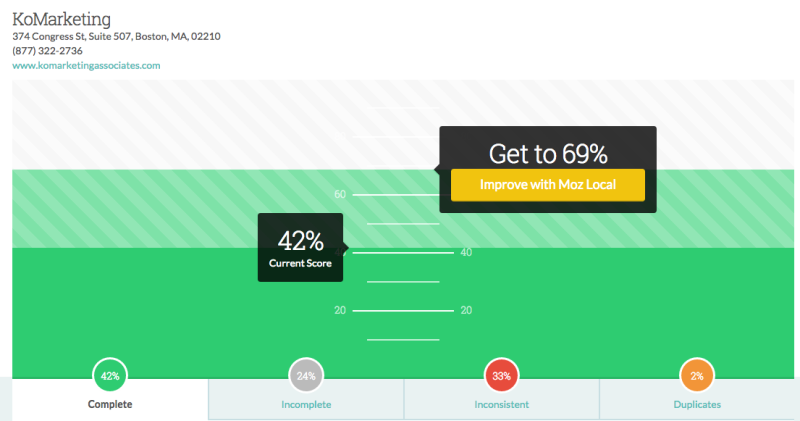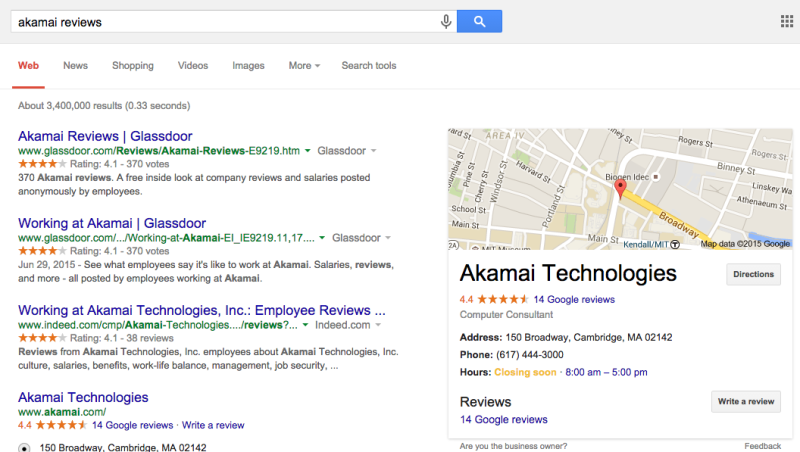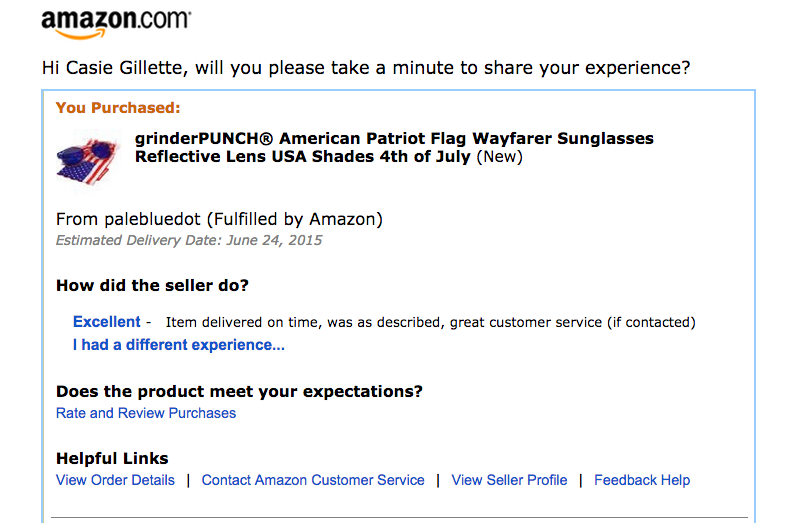
At the most basic level, when we think about SEO, we think about how we can ensure our site (or our client’s site) is found in the search results for specific terms we think our customers are looking for.
We work tirelessly to make sure a site meets technical SEO standards and that the right content is created and then optimized — and, of course, we are continuously figuring out how to build links in an oh, so natural manner.
Yet even when we do all that, there are outside factors that can hurt our efforts and make our jobs that much harder. These can include factors like product recalls, social media gaffes, and poor customer service.
I’ve talked before about the importance of customer service when it comes to SEO, and I think it’s something that has become and will become even more important in the future.
Why am I talking about this?
We recently faced an unexpected challenge in a client’s SEO program due to some customer service issues.
We had secured a third-party guest blogging opportunity for a client and were in the process of getting the article published, when the editor reached back out to let us know that they wouldn’t be able to publish the already created and approved article:
Over the past 26 years, our organization has acquired a squeaky clean reputation with our association with the various State and Federal agencies along with our 66,561 current subscribers.
There is an old saying, “That you are judged by the company you keep.â€Â Therefore, we must do our due diligence before we associate ourselves with any type of service provider.
In doing such research on [Client A], who the writer represents, we have found a very substantial amount of negative reviews. Based on what we have found, we find that we must turn down your request to post articles from your client.
We were certainly aware of the negative reviews floating around for this client, but since many were old (and the sites a bit outdated), we didn’t think our current efforts would be impacted.
Unfortunately, there was nothing we could do about the article placement; however, it did force us to start thinking about the client’s reputation and what we could do in the short term to help resolve some of these issues.
On-Site Reviews Testimonials
It’s no secret that customers want to read reviews and testimonials. Customers are relying on feedback from friends, family, and strangers more than ever, and that isn’t slowing down any time soon. The good news? Reviews and testimonials are effective:
- A recent BrightLocal survey found that 88% of consumers trust online reviews as much as personal recommendations.
- In the same survey, 72% of respondents reported that positive reviews made them trust a business more.
- A 2013 survey of the B2B Technology Marketing Community found that customer testimonials were considered the most effective content marketing tactic [slide 6], with 89% of respondents considering it “effective.â€
If you don’t currently have reviews or testimonials on your site, now is the time to start soliciting them. Ask your customers to review not only your product or service but also the company itself.
What can they say about you?
In terms of the reputation management issue, a solid testimonials page can actually help you outrank some of the negative listings. In fact, for another client, we created a reviews/testimonials page that now ranks #3 behind Glassdoor and Indeed for “Client B reviews.â€
Social Media Business Listing Optimization
While I’m not going to recommend you go and register your brand for every social media network out there, it is important to make sure that your existing social media accounts are optimized with the correct company information.
This is something we see quite often: Facebook pages, LinkedIn pages, old Google+ accounts, etc., are using outdated information, or the administrators haven’t even bothered to fill out the profile completely.
Make sure the profiles are not only filled out, but optimized for target terms and consistent with your brand messaging.
Additionally, be sure to check any local directories or business listings that contain your company information. Tools like Moz Local can show you where your business is listed incorrectly, where listings are incomplete, or even where they don’t currently exist.

What’s the saying? “Do as I say…â€
The goal is to provide a consistent brand message across the web and own your brand name/product name. While you won’t necessarily outrank every review site out there, it can help build authority and support your site in the longer term.
Employee Customer ReviewsÂ
If you search for company reviews these days, you’ll almost always see Glassdoor in the results:

If you aren’t familiar, Glassdoor offers both job listings and company information, including ratings from previous and current employees.
Ask your employees to rate you.
While there will always be someone who doesn’t love working for you, there will certainly be people who do. Ask them to review the company.
The same thing goes for your customers. If you’ve ever bought anything from Amazon, you’ve likely received an email shortly after asking you to rate your transaction.

Because… America.
By asking customers for a review, you increase the likelihood of customers actually reviewing your company/product, you help push out some of those bad reviews, you generate fresh content, and you get direct customer feedback. Bonus!
When asking for a review, be sure to tell users where to actually submit the reviews. If you are a B2B company with no products, send them to Facebook, Google My Business, or some of the review sites in your industry that are currently showing poor reviews.
Final Thoughts
A business’s reputation can hurt an SEO program, and we need to be aware of any issues that might occur. While we can’t control customer service or fix product issues, we can ensure that the brand is ready when negative reviews happen.
As for the client whose article was rejected? We were able to get the article placed on another very relevant site. More importantly, though, we are currently helping them do all of the things mentioned above.
What reputation management issues have you encountered? How did it affect your SEO program?
Some opinions expressed in this article may be those of a guest author and not necessarily Search Engine Land. Staff authors are listed here.
Be a part of the world’s largest search marketing conference, Search Engine Land’s SMX East. The robust agenda covers the latest tactics in paid search, SEO, mobile, analytics and more. Register today and save $300, or come as a team and save 10%-20%.
